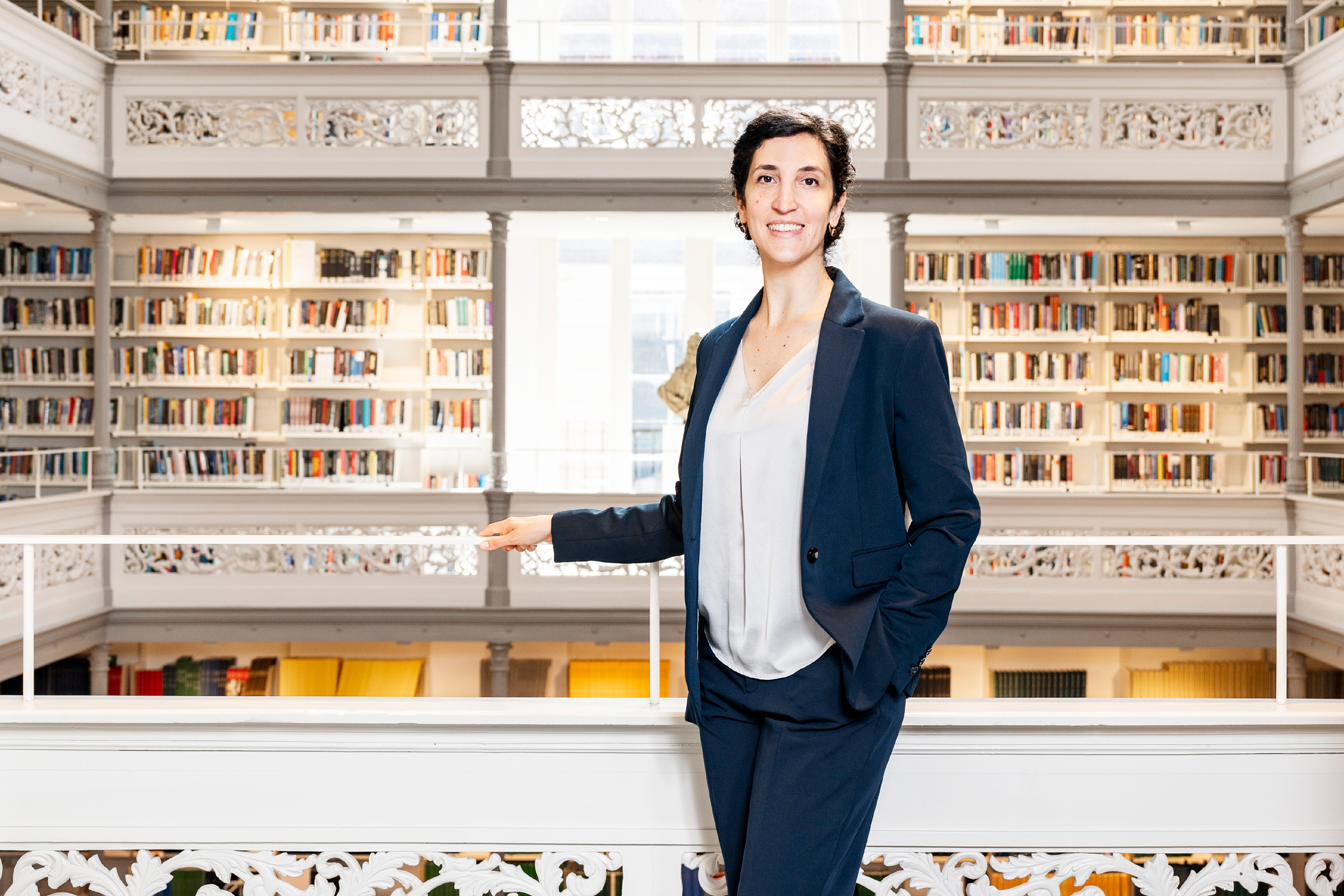‘Reconciliation between countries often requires uncomfortable compromises’
Historical research on international relations often focuses on wars and conflicts. Instead, Lorena De Vita, a historian at Utrecht University, focuses on how countries can reconcile afterwards. ‘I want to know how people and countries deal with the aftermath of horrors such as wars and genocides,’ says De Vita. ‘In addition, I am exploring what we can learn from this for the present.’
Lees dit interview in het Nederlands (NewScientist)
De Vita aims to discover what the conditions for reconciliation are, why it has succeeded in some cases and not in others, and who the protagonists are. In doing so, she looks beyond obvious individuals such as prime ministers and foreign ministers. ‘Of course, I did a lot of research in the official archives of ministries. But I also try to look at people who do not usually end up in the history books. In some cases, among the real diplomats there also turned out to be scientists, lawyers, and journalists.’
Among other things, Vita studied how Germany and Israel reconciled after World War II. ‘An important lesson I learned is that such a reconciliation is full of uncomfortable compromises. One of the reasons why the reconciliation finally succeeded is that there were concrete interests on both sides. For Germany, it was important to show other countries that it was taking responsibility for the past. It did so partly by negotiating reparations to Israel. And Israel was in a dire situation in the early 1950s – almost on the brink of economic collapse and politically extremely isolated in the Middle East. Also important was that there were enough people who felt it was worth pursuing dialogue. Not just at the highest level: there were also groups of citizens from both sides restarting the dialogue.’
In addition to reconciliation between countries, De Vita studies other forms of reparations. ‘Today, there is still a strong call to “repair” various events in history, such as slavery, colonialism, and genocide,’ says De Vita. She is currently researching what this ‘repair’ might look like, including by studying the diaries of German lawyer Otto Küster. He negotiated reparations for Holocaust survivors after World War II. ‘I am analysing these unique historical sources in the hope that this will help us better understand the ways in which you can right past injustices.’
Video
Young Scientist – Lorena De Vita
